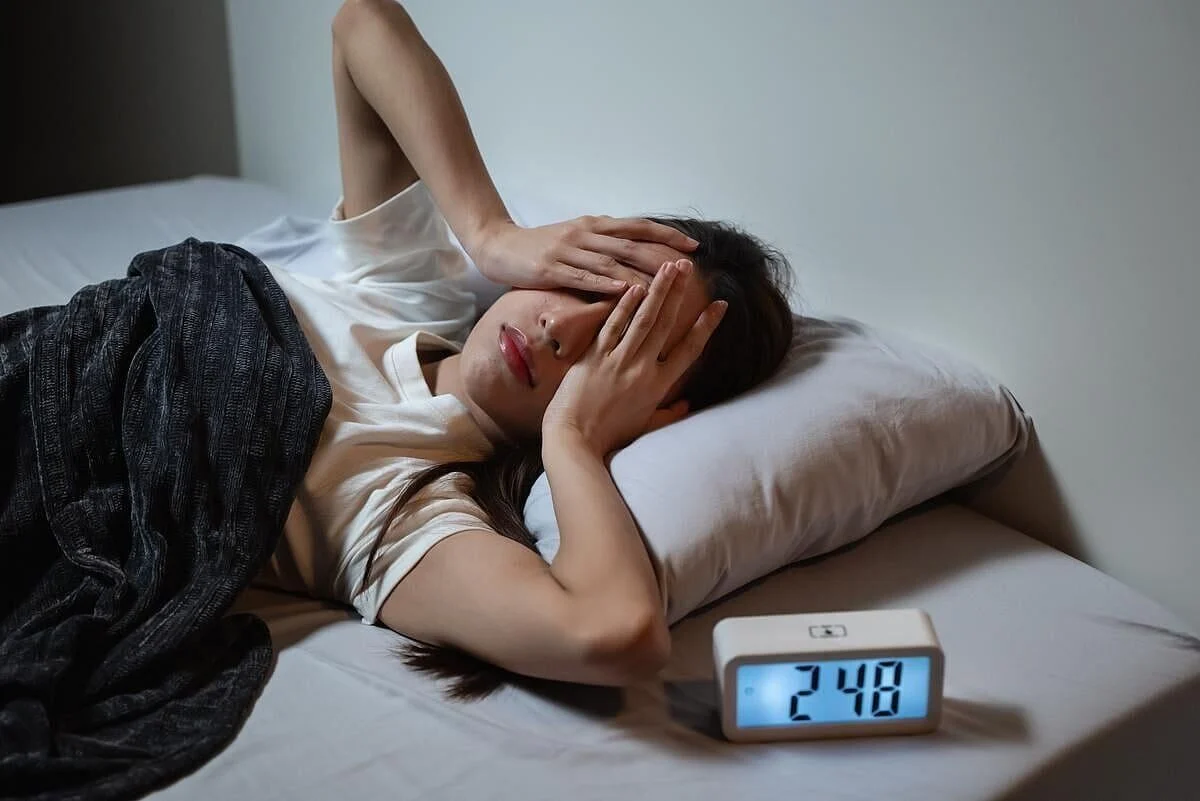Sleeping trouble could be a sign of poor brain health following a mild or ‘mini’ stroke Patients who spent more time in bed had lower scores on thinking and memory tests They exhibited brain changes that increase risk of dementia or stroke While many people know that a lack of sleep can lead to health issues, less is known about the effects of sleeping longer at night or spending a long time in bed trying to make up for having trouble sleeping — whether people are doing this consciously or not People who spent more time in bed also were more likely to have evidence of small blood vessel damage and bleeding in their brains. They also had more white matter hyperintensities — areas where white brain tissue had been damaged. Stroke victims who spent more time in bed struggling to sleep had lower scores on tests of thinking and memory skills More research is needed to confirm these findings and also to look at whether prolonged sleep has negative effects on people who have never had a stroke or TIA,” improving people’s sleep patterns after stroke could ward off some of these possible detrimental effects
Thank you for reading this post, don't forget to subscribe!



